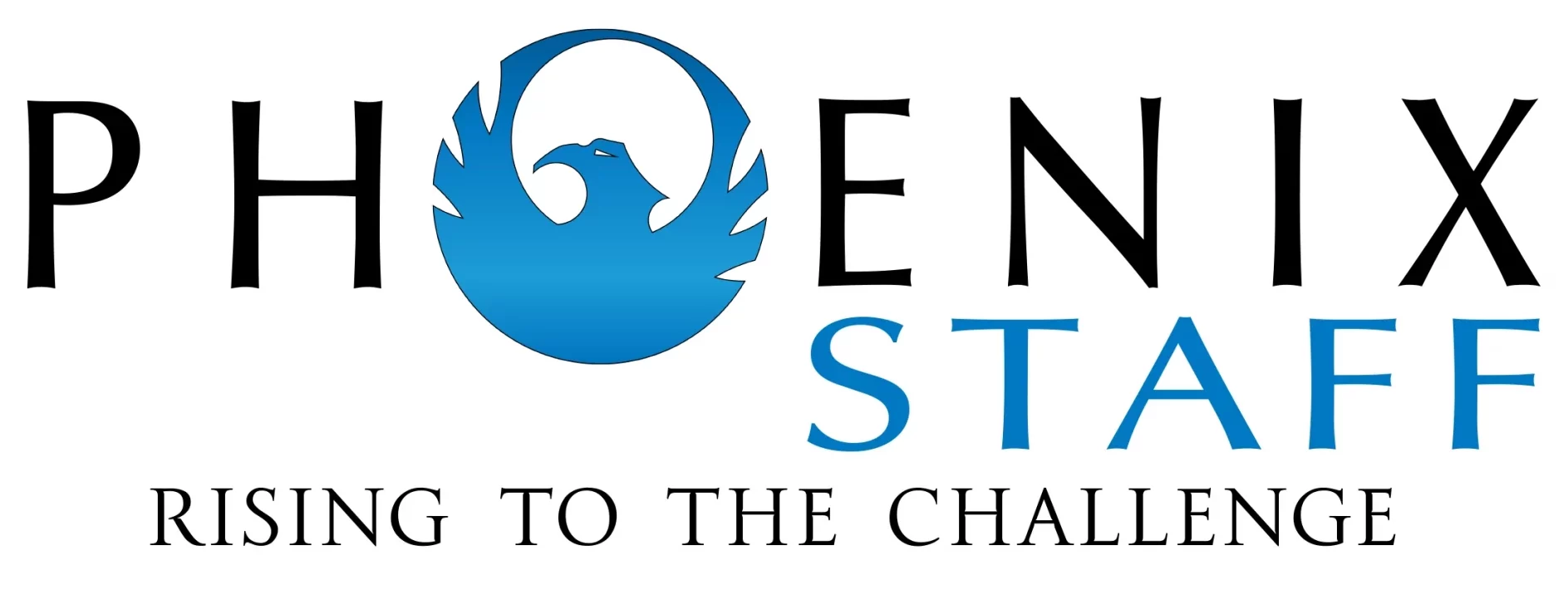And other actual questions you should never ask in an interview
A very good friend of mine recently let me know that he was interviewing someone for a job he had and the person started by asking him:
- How long is this gonna take?
My friend is incredibly gracious and kind – he interviewed her as he would anyone else – giving her the benefit of the doubt. I will follow-up to see if she get the job, but I suspect she did not!
Doing what I do for a living, I hear questions that are asked in interviews all the time. Some are great questions (covered in a later post) and some are terribly off-putting. These are the ones we will cover today.
Back to our friend who was likely short on time, but didn’t know how to say it properly. I suspect what happened is that someone scheduled a meeting in her calendar that was going to potentially interfere with the interview – I could be wrong and she simply lost interest altogether and decided to let him know by being rude – let’s for a minute assume the former though. She says yes to an interview and then someone sneaks a meeting invite into her calendar which she must attend. If she is late, doesn’t show up, or doesn’t accept it, it will possibly tip her hand that she is interviewing. Tough spot if you have this sort of relationship with your employer (one that doesn’t foster open communication, that is). How could she rephrase the question to get her point across and save face with the interviewer and her current employer? To be very clear, how long is this gonna take is NOT the correct way to address this issue. Here are better options:
- “Unfortunately, someone scheduled a meeting that I’m required to attend. It starts in 30 minutes and I only recently learned of it. Do you suggest we reschedule or would it be safe to assume we could continue another time if we run past that time?”
- “Hijacked schedules happen from time to time, as you know. That happened to me by someone scheduling a meeting that starts in 30 minutes. I didn’t know if we would go that long and, in an effort to not hijack your schedule, I determined it would be best to at least start our conversation. I am hoping you agree with that decision.”
Both of these offer the interviewer an option to reschedule or continue and both, more importantly, are professional.
2. Where do you make the dog food?
If you know anything about the Phoenix based company, PetSmart, you know that they are a retailer and not a manufacturer of dog food. If you are not familiar with them and you are interviewing with them, become familiar so that you know they don’t have a place to make the dog food because that is not what they do! RESEARCH the company you are interviewing with so you have questions that are relevant to what they do. Not knowing what a company does and still spending time with the hiring manager or anyone for that matter is a waste of your time and theirs.
We always suggest that you walk into your interview with questions that are written down and ready to ask, there are plenty to choose from, but it is always a good idea to make them relevant to the company when you can. Here are some thoughts:
- What motivates you about working here?
- How does the company measure success of employees?
- I have worked for companies that value input, would you describe this as that kind of company as well?
Company specific questions are typically welcomed and not asked often enough. Most people are more comfortable asking questions specific to the role they hope to land or the role of the interviewer, but it is definitely good to offer some about the company as well. You are trying to gain an understanding of the opportunity in full, company related questions will give you more perspective.
3. How quickly can I have your job?
This one came up when the interviewer asked, “where do you see yourself in 3 years?” The candidate thought it was funny, and the interviewer laughed as well. No offer was made.
The “where do you see yourself…?” question is not typically asked as often these days (at least not this way), but when asked in any way, it definitely warrants a different answer. You may hear things like, tell me about your career goals or what are some accomplishments you have yet to achieve or are you happy being a developer or is your long-term plan to manage a team of developers? All of these are more in line with today’s interviews. It will always be my suggestion to answer as candidly as you can, but get a sense of your audience and try not to over talk. The job description is a good place to start – for right now – that is precisely what you want to do. Beyond that, it will be great to have done your homework on typical career paths within the company and even ask the interviewer what their career path was to get to where they are – don’t dodge the question, but suggesting that you know what a career path at this company may look like it is tough to answer because it is. The best way to handle this is to offer that you want to be successful doing what the current role requires and, if the company has mobility in the direction that you’ve suggested you want, that you’d welcome those chances. It is perfectly fine – always – to end your answer with a simple, “did I answer the question fully?” rather than thinking you did and possibly leaving more for them to wonder.
4. What do you think of me?
During the ‘wrap-up’ you may feel compelled to ask a similar question. Leaving an interview with some perspective on how you did is important and correct, but this is the wrong question to ask to try and learn those answers. You definitely don’t want to ask this question, this way. It will make people feel uncomfortable and it’s unlikely to leave anyone with a very positive impression. Other ways to see if you did well:
- I see a lot of good things here and I would love to be a part of it, how do you see the fit? This question separates you from your skills and doesn’t suggest they need to judge you as a person, only your skills relative to the job. It also opens up the opportunity for them to share any gaps in your skills they may see and want to further discuss
- There’s a great opportunity here and it seems to be a role that suits my skill set well. Would you agree? Again, give the interviewer a chance to focus on your skills, not you as an individual.
There are a lot of ways to positively stand-out when you are interviewing. You need to make an effort to prepare, commit to the interview and the interviewers time and know that this is a step toward the end-goal. Obviously you want the interviewee to show real interest as well, but you can only control what you can control – do that and your likelihood of success will go up.

